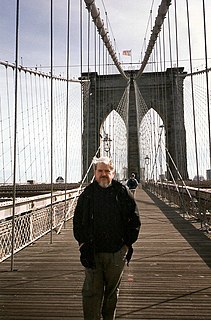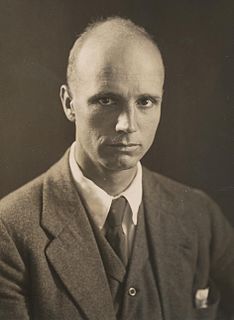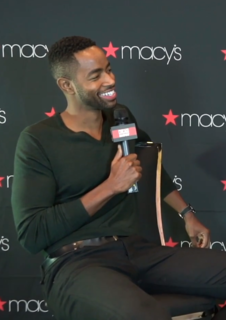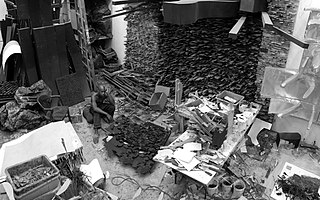A Quote by Antoni Tapies
The artist has to make the viewer understand that his world is too narrow, he has to open up to new perspectives.
Quote Topics
Related Quotes
I didn't know what to do. How do you tell an eight-year-old boy his mother's going to die? I tried. In my own stumbling way I tried to prepare Jim for it. Nowadays, he lives in a world we don't understand too well, the actor's world. We don't see too much of him. But he's a good boy, my Jim. A good boy, and I'm very proud of him. Not easy to understand, no sir. He's not easy to understand. But he's all man, and he'll make his mark. Mind you, my boy will make his mark.
I don't need to control the mind of my viewer. Now this might sound contradictory because I want to make these installations set up an environment that will produce a certain kind of experience in the viewer, but beyond a certain point, I take hands off and leave it up to chance and personal experience. So maybe it's a marriage of control and no control we're talking about where the artist produces the artifact or the environment and then walks away from it, and the second half of the equation is the viewer and their personal history and how they feel about what they're experiencing.
Any student of the New Testament eager to understand its Greco-Roman setting will profit greatly from this excellent book. I commend it highly for its up-to-date perspectives and usefulness. Jeffers writes with a breadth of expertise on the Greco-Roman world that few New Testament specialists can match.
An entertainer is someone who pleases others, and an artist tries to please himself. An artist is on a journey: they don't know where they're going, what is going to happen, but they know they are not there yet, and there is some continuity and growth. I think of myself as an entertainer: I'm a performing entertainer, I'm a stand-up comic. But there's an artist at work here, too. One who interprets his world through his own filter.
[The artist's aim is] not to instruct the viewer, but to give him information... . The artist would follow his predetermined premise to its conclusion, avoiding subjectivity. Chance, taste, or unconsciously remembered forms would play no part in the outcome. The serial artist does not attempt to produce a beautiful or mysterious object but functions merely as a clerk cataloguing the results of his premise.
Sean pushes up to his feet and stands there. I look at his dirty boots. Now I've offended him, I think. He says, "Other people have never been important to me, Kate Connolly. Puck Connolly." I tip my face up to look at him, finally. The blanket falls off my shoulders, and my hat, too, loosened by the wind. I can't read his expression--his narrow eyes make it difficult. I say, "And now?" Kendrick reaches to turn up the collar on his jacket. He doesn't smile, but he's not as close to frowning as usual. "Thanks for the cake.






































